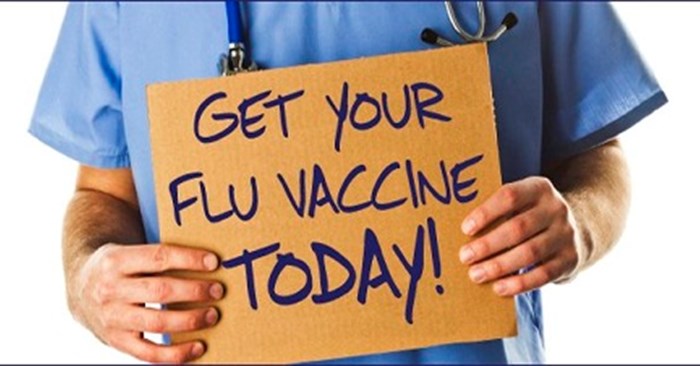Torrevieja’s Department of Health of Torrevieja has now rolled out its flu vaccination campaign hoping that they will be able to increase the coverage achieved in previous years where more than 28,000 vaccines were administered between Pilar de la Horadada and Rojales. A spokesman for the Department said that vaccination points are now available in all health centres and clinics.
Vicente García Román, Chief of Preventive Medicine of the Torrevieja Hospital, said that “it is very important that the vaccination be carried out every year, firstly because the protection diminishes with the passage of time, and secondly, because the influenza virus changes from one year to the next. For this reason the composition of the vaccine is reviewed and updated every year “.
Dr. Román adds that “flu vaccines are completely safe and are composed of inactivated vaccines that cannot cause the disease.” It is important to emphasise this fact and put an end to false and ancient beliefs, but like any vaccine, protection after vaccination is not immediate. The antibodies take about two weeks to develop, and for this reason the vaccination campaign is now underway, hopefully before the first cases of flu appear. ”
The impact of influenza, in terms of infection and mortality, is very high; and for this reason, annual vaccination is a measure especially recommended for personnel at high risk of developing complications with influenza, among them, adults 60 years of age or older and younger people with chronic diseases.
The risk groups to be vaccinated in the 2018-2019 flu season are the following:
- Elderly people, over 65 years of age.
- People under 65 years of age who have a high risk of complications from the flu.
- Minors, from 6 months, and adults with chronic cardiovascular, neurological or respiratory diseases.
- Adults with diabetes mellitus, morbid obesity, chronic kidney disease, nephrotic syndrome, chronic liver disease or severe neuromuscular disease and immunosuppression.
- Children between 6 months and 18 years who receive prolonged treatment with acetylsalicylic acid, due to the possibility of developing a Reye syndrome after the flu.
- Pregnant women.
- People who can transmit the flu to those who have a high risk of complications: personnel in public centres, services and health facilities, both primary and specialised care and hospital, public or private.
- People who work in geriatric institutions or care centres, especially those who have continuous contact with vulnerable people.
- People who provide home care to high-risk or elderly patients and people who live in the home, including children from six months of age.
- Other groups in which vaccination is recommended are those persons working in essential public services (State security forces and bodies, firefighters, civil protection services , personnel of penitentiary institutions and other centres) and persons with direct occupational exposure to domestic poultry or pigs in farms, or poultry or pig farms and also to wild birds.
The campaign will continue until 31 January 2019.





